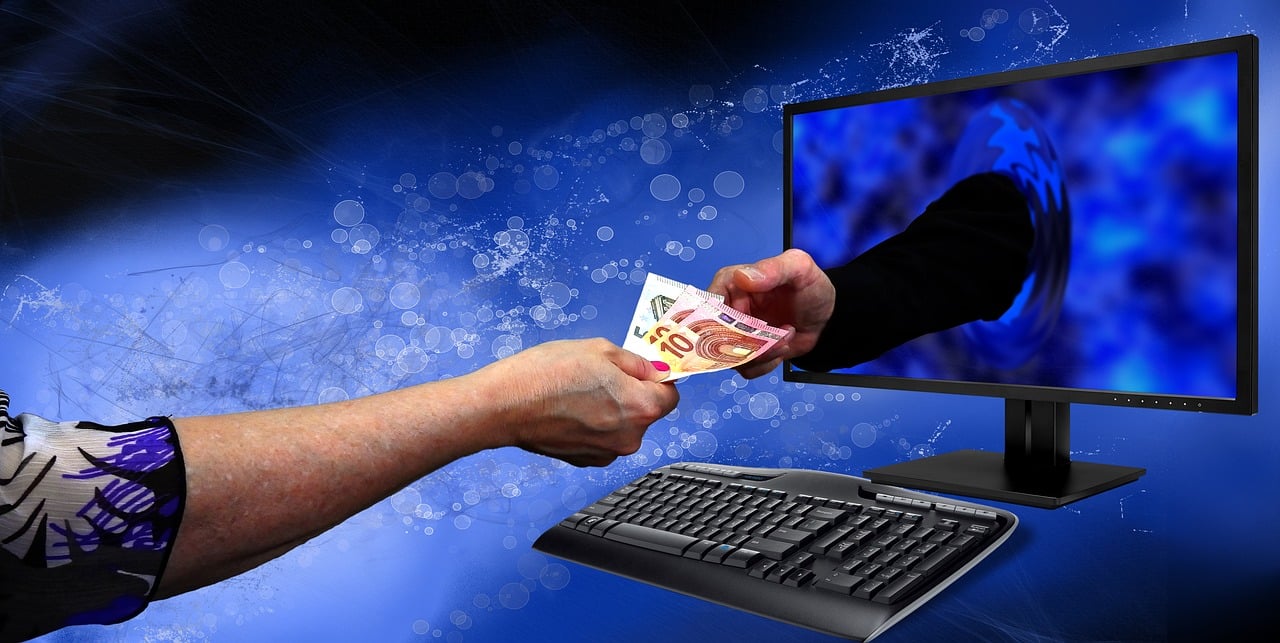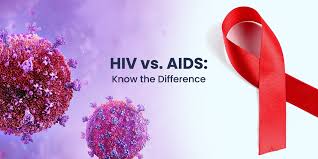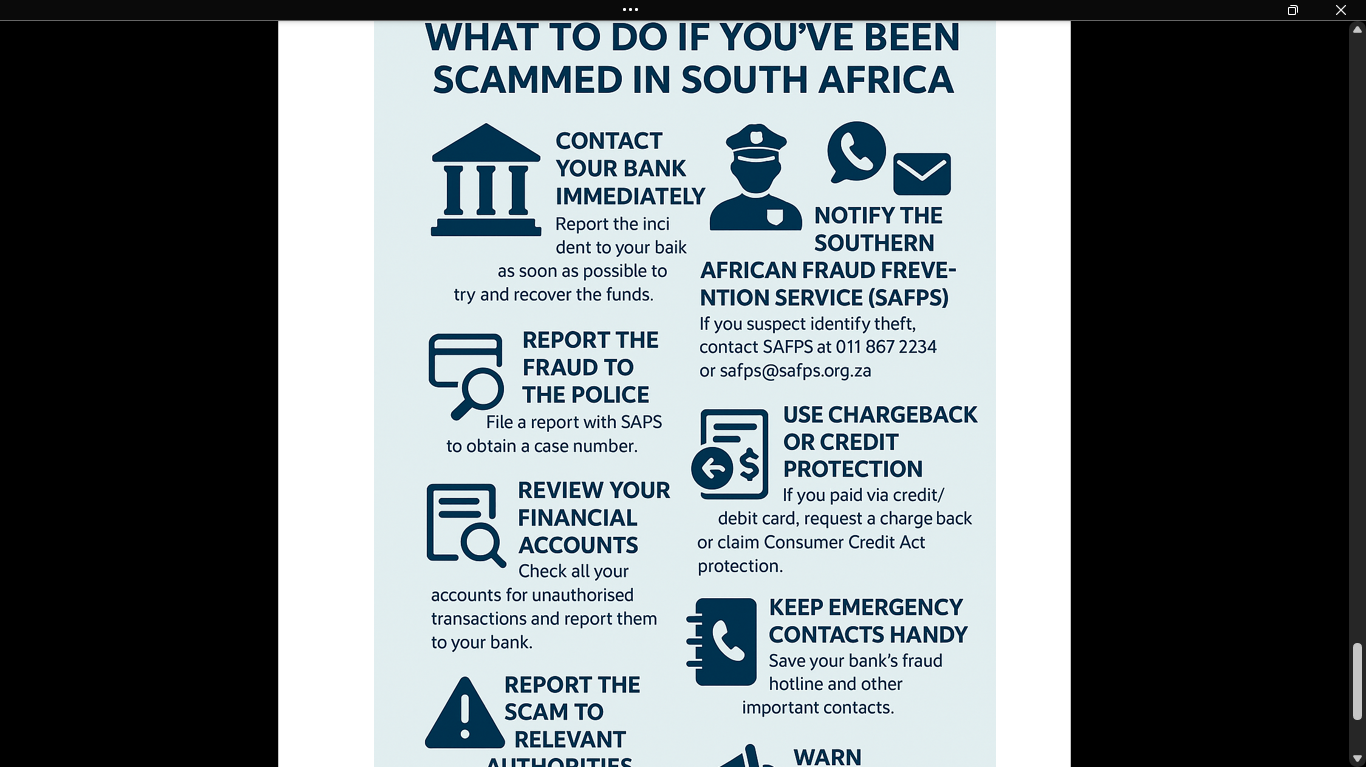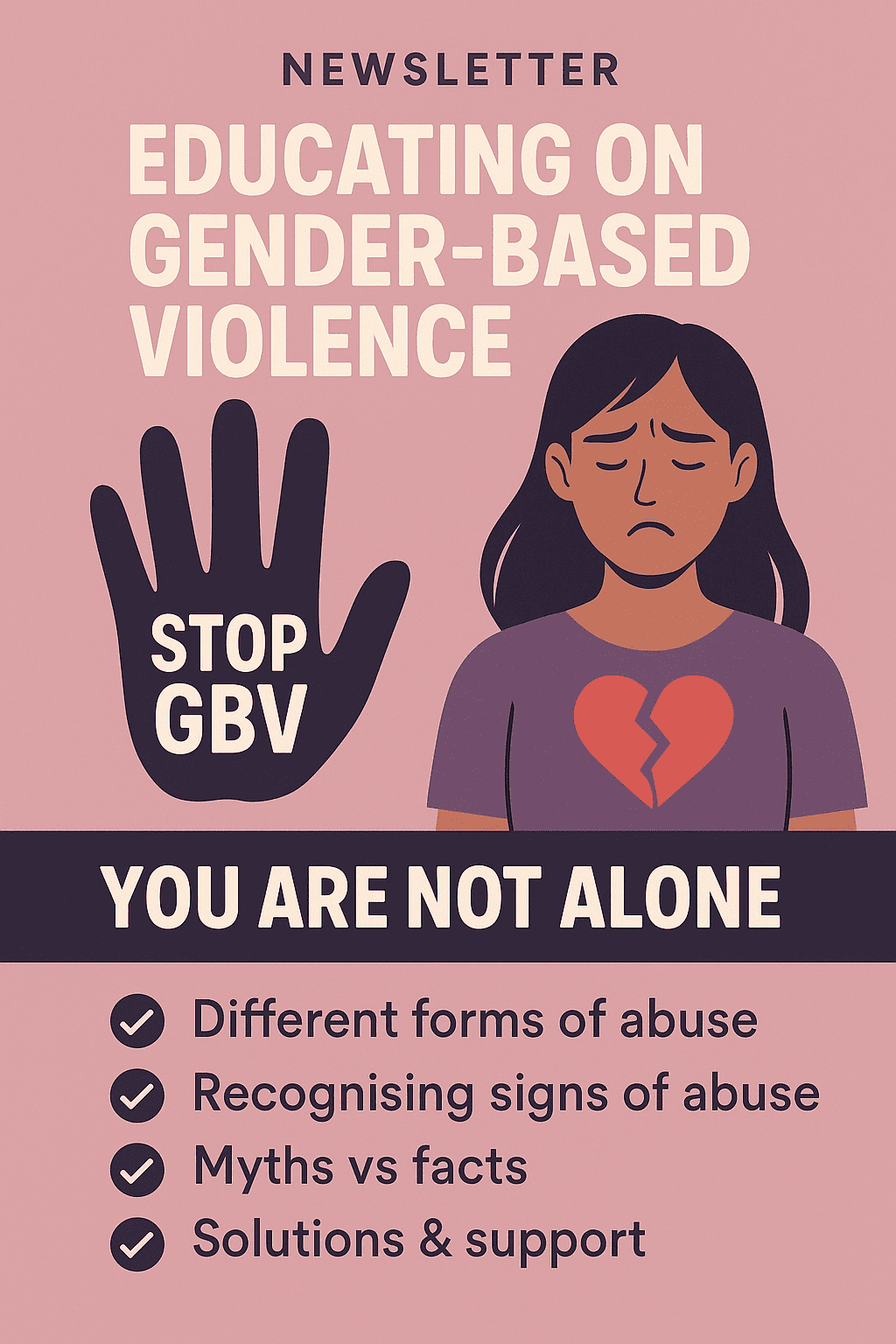Best Practices for Keeping Your Online Presence Safe and Secure
Whether you’re messaging family, paying bills, learning something new, or running a small spaza shop, the internet has become a part of everyday life. But with all this convenience comes risk. Scammers, hackers, and cybercriminals are always looking for ways to trick people and steal information. But just like we lock our front doors, we need to take simple steps to protect ourselves on the internet.
Online safety doesn’t have to be complicated. Here are easy and effective ways to stay safe and help others in your community do the same.
1. Use Strong, Unique Passwords
Passwords are like the keys to your digital world. Weak or reused passwords make it easier for hackers to get in. If someone guesses or steals one, they can get into your email, social media, or even your bank account.
Avoid using obvious passwords like “123456” or “password.” Instead, use a combination of uppercase and lowercase letters, numbers, and special characters.
What can you do:
· Make it long: At least 8 – 12 characters.
· Make it strong: Use a mix of upper and lowercase letters, numbers, and special symbols (like @, %, *, !)
· Make it unique: Use a different password for every account. If one is stolen, the others stay safe.
· Avoid using personal info like your name or birthdate. Tip: A password manager is a free or low-cost app (like Bitwarden: https://bitwarden.com, NordPass: https://nordpass.com, or LastPass: https://lastpass.com ) that remembers all your passwords, so you don’t have to. You only need to remember one strong password.
2. Turn On Two-Factor Authentication (2FA)
Even strong passwords can be stolen. 2FA adds an extra lock to your account. After entering your password, you’ll get a code on your phone or email. This means even if someone has your password, they can’t log in without that code.
Use 2FA on your most important accounts—email, banking, and social media (Facebook, Instagram, TikTok).
How to set it up: Go to the “Security” or “Privacy” section of your account settings. It only takes a few minutes to activate—and it could stop a hacker in their tracks.
3. Watch Out for Phishing Scams (see the article on ‘Protecting yourself from Phishing and Fraud)
Remember, phishing is when someone pretends to be a trusted company or person to trick you into clicking a link, sharing your login info, or even sending money.
If it feels strange or too good to be true—it probably is!
4. Keep Your Apps and Devices Updated
Hackers look for weaknesses in old software. Updates do more than add new features—they fix security problems that hackers can use to break in.
Turn on auto-updates for your phone, apps, and antivirus software so you're always protected. Remember to restart your devices every few days so updates can be installed properly.
5. Manage Your Social Media Privacy
What you post online can be seen and used by others—sometimes in harmful ways. People can use your photos, routines, or personal details to guess your passwords or trick you in scams.
Check your privacy settings on Facebook, WhatsApp, Instagram, and other platforms to control who sees your posts. Only share personal details (like where you live or go to school) with people you trust. Also avoid sharing photos of tickets or anything with your full name, ID, address, or phone number.
6. Use Secure Internet Connections
Public Wi-Fi (like in shopping malls, taxis, cafes etc.) is not safe for things like online shopping or banking. Hackers can spy or ‘listen in’ on your connection and steal your data.
Safer options:
· Use your mobile data or a private, password-protected Wi-Fi network.
· If you must use public Wi-Fi, consider using a VPN to keep your information private.
· At home, make sure your Wi-Fi is password-protected and change the default password that came with the router
Share What You Know
Online safety is a shared responsibility. Help others in your family and community—especially elders and young people—stay informed.
· Youth can assist elders with setting up 2FA or using password managers.
· Elders can share their wisdom about thinking critically and being cautious.
· Talk about online safety at home, schools, and community gatherings.
The Bigger Picture: Why This Matters
In just the first 3 months of 2025:
· Over 68 million accounts were breached worldwide.
· South Africa ranked 27th globally, with over 205,000 local accounts exposed.
· Since 2004, more than 123 million South African personal records have been leaked.
That means around 66 in every 100 South Africans have been affected by a data breach. These aren’t just numbers—they represent real people, real money, and real stress.
"SA Sees Massive Increase in Leaked Accounts." IT-Online, 23 April 2025, https://it-online.co.za/2025/04/23/sa-sees-massive-increase-in-leaked-accounts/.
Accessed 25 April 2025.
In Closing…
You don’t need to be a tech expert to stay safe online. A few smart habits can go a long way. When we all take steps to protect ourselves—and help each other—we build a stronger, safer community.
Final Thoughts: Keep It Simple and Stay Alert
The online world brings amazing opportunities—but also real risks. Luckily, staying safe doesn’t mean doing anything fancy. With a few easy habits, you can protect yourself and help protect those around you too.
🔐 Use strong passwords
📱 Turn on 2FA
🛑 Be alert to scams
🔄 Keep things updated
👀 Stay private on social media
🌐 Use safe connections
🧑🤝🧑 Teach and learn together
You don’t need to be a tech expert to take control of your safety online.
Stay smart. Stay safe. And help others do the same




